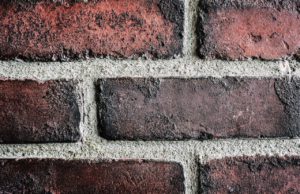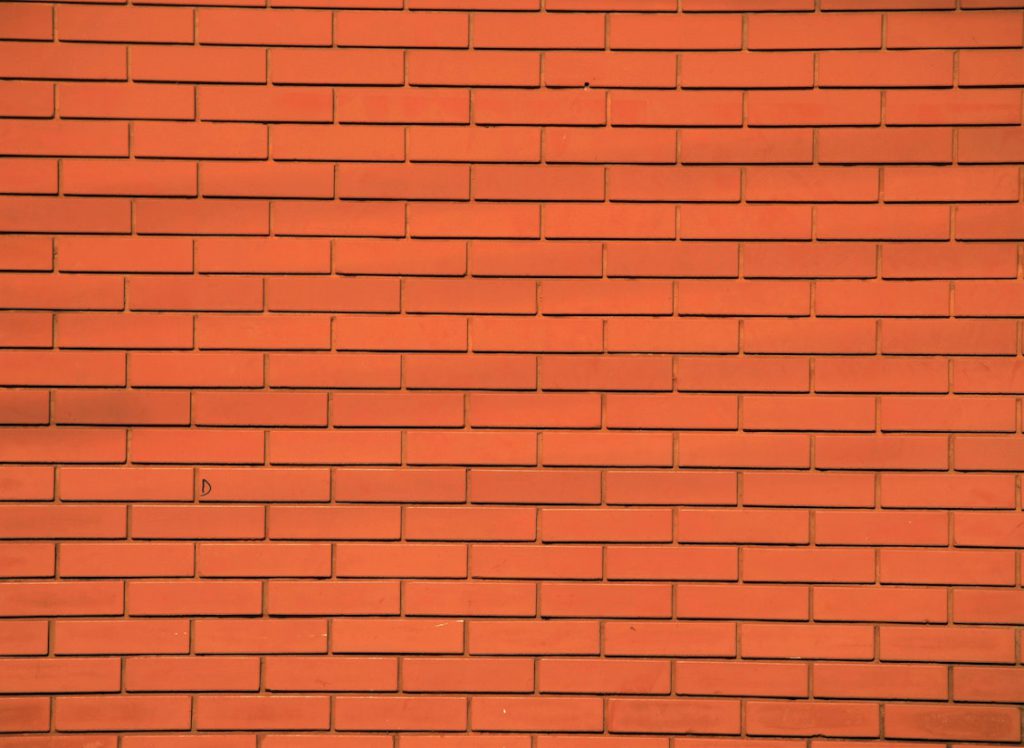Brick suppliers are crucial in the construction industry, providing the essential building blocks that shape our homes and buildings. When selecting the right bricks for a project, one of the fundamental choices is between handmade and machine-made bricks. Each type has unique characteristics, advantages, and disadvantages, making it essential for brick suppliers and builders to understand the key differences. This article explores the distinction between handmade and machine-made bricks, helping brick suppliers make informed recommendations to their clients.
Handmade Bricks: The Artistry of Craftsmanship
Handmade bricks are a testament to centuries-old craftsmanship. These bricks are meticulously crafted by skilled artisans who shape, mould and fire them. The production process involves using clay, sand, and water, resulting in bricks that bear the marks of human touch and dedication. Here are some key features of handmade bricks:
1. Unique Appearance: Handmade bricks are known for their irregular shapes and rustic appearance. Each brick is slightly different from the other, giving structures a charming, authentic look.
2. Variety of Colors: Handmade bricks often come in various colours, from earthy reds and browns to subtle shades of grey and cream. This variety allows for creative design choices.
3. Texture: Handmade bricks typically have a rougher texture than machine-made bricks, adding character to their construction buildings.
4. Customization: Handmade bricks offer the possibility of customization. Brick suppliers can work with artisans to create bricks that meet specific project requirements.
5. Environmental Benefits: Handmade bricks are often considered more environmentally friendly due to their minimal use of energy and natural materials in manufacturing.
Machine-Made Bricks: Precision and Efficiency
In contrast to theIn contrast to the artisanal approach of handmade bricks, machine-made bricks are produced using automated processes in modern factories. These bricks are manufactured at a much larger scale, and while they lack the individuality of handmade bricks, they come with their own set of advantages:
1. Consistency: Machine-made bricks are uniform in size and shape, making them easier to work with during construction. This consistency can lead to faster building progress.
2. Strength and Durability: Machine-made bricks are often engineered to be stronger and more durable than their handmade counterparts, making them suitable for load-bearing walls and structures.
3. Cost-Effective: Due to their mass production and consistent quality, machine-made bricks are generally more affordable, which can be appealing for large-scale projects.
4. Availability: Machine-made bricks are readily available from brick suppliers in large quantities, reducing lead times for construction projects.
Choosing the Right Brick for the Job

A construction project’s specific needs and goals should guide the decision between handmade and machine-made bricks. Brick suppliers can assist their clients in making the right choice by considering the following factors:
1. Aesthetic Preferences: If the client desires a traditional, rustic, or unique appearance, handmade bricks may be the better choice. For a more modern or uniform look, machine-made bricks may be preferred.
2. Budget: Consider the budget constraints of the project. Handmade bricks are more expensive due to the labour-intensive process, while machine-made bricks are cost-effective.
3. Project Scale: Machine-made bricks may be the practical choice for larger-scale projects where consistency and efficiency are paramount. Handmade bricks are often favoured for more minor, custom projects.
4. Durability Requirements: Evaluate the structural requirements of the project. Machine-made bricks are typically more robust and better suited for load-bearing applications.
5. Environmental Considerations: Clients with sustainability in mind may opt for handmade bricks with a lower environmental footprint. Machine-made bricks can still be chosen with consideration for sustainable practices in manufacturing.
In the world of brick suppliers and construction, the choice between handmade and machine-made bricks is not merely a matter of aesthetics but a decision that can impact the overall success of a project. Understanding the differences between these two types of bricks allows brick suppliers to guide their clients effectively, ensuring that the selected bricks align with the project’s goals, budget, and design vision. Whether it’s the timeless charm of handmade bricks or the precision and efficiency of machine-made bricks, each option brings its unique strengths to the table, contributing to modern construction’s diverse and dynamic landscape. Ultimately, the choice should reflect the values and priorities of the client while also meeting the practical demands of the project at hand.
